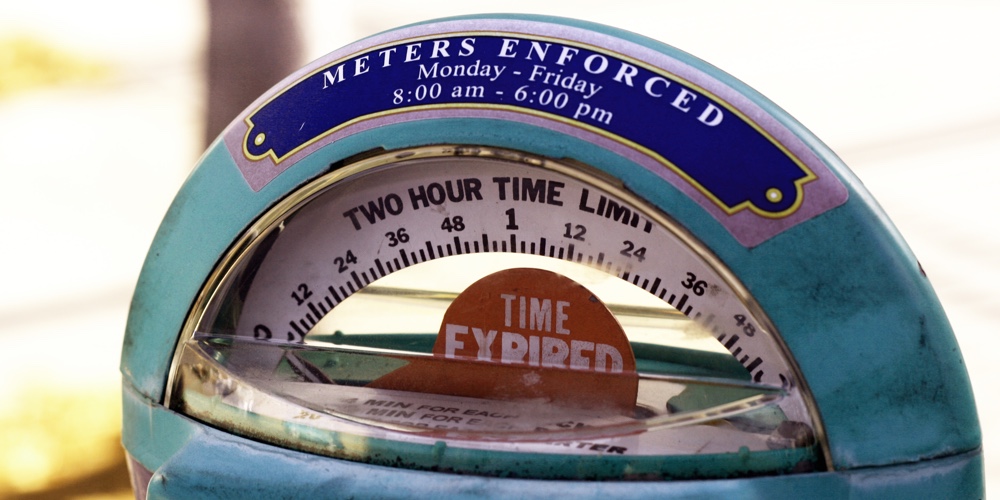Don’t let the clock run out: contract auto-renewals can lead to missed opportunities

Over the past few years, I have noticed many credit unions make a common mistake – failure to track the expiration dates of their critical vendor contracts.
Why is this a mistake?
It is because missing those dates places active contracts into an auto renewal term, which may limit or even prevent the ability to renegotiate. For contracts such as processing, core, or even digital banking, the renewal period is the optimal time to reassess and calibrate those vendor relationships. During the renewal period, vendors are most likely to: offer better pricing, allow additions of new products at reduced cost, provide incentives (in the form of cash or invoice credits), and even commit to improving chronic issues. This secures a more productive relationship between credit union and vendor for years to come. Each of the above elements can have a significant impact on the “bottom line” and the ability a credit union has to improve member service. Additionally, the months leading up to the auto renewal period is the perfect window of time to evaluate replacement vendors.
To be clear, an auto renewal term of one year is not necessarily a bad thing to have in a contract, as it can buy the credit union time to focus on other strategic priorities. For example, if a credit union is on the threshold of a core conversion or some other significant project, allowing the contract to auto renew will seamlessly extend the vendor relationship and provide the time needed for the credit union team to complete that project. But what if the auto renewal period is two, three, or even five years in length? That is definitely a bad thing!
Why does that happen?
Why would a contract be set up to include auto renewal terms longer than one year? Well, here is a hint about contracts—contract language is always written in favor of the vendor, not the credit union. The longer the auto renewal term, the longer the vendor can realize a steady revenue stream without doing anything beyond “business as usual” to earn it.
I have sometimes heard credit unions reason, “What’s the big deal?” This is especially if: they have been satisfied with the vendors’ performance; they are happy with their platform, technology roadmap, service delivery model, relationship management model, and so on. But what if they are not? What if they have experienced chronic and systemic performance issues with the vendor for some period of time? Well, if the notice of nonrenewal window is missed, that is, the period identified in the contract that allows signaling of the intent not to let the contract automatically renew, the credit union can remain tethered to a non-performing vendor for much longer than they need to be.
How will pricing be improved? How will the vendor be held contractually accountable for performance failures? What technology improvements will the vendor be obligated to make?
Can the credit union sustain those challenges for another two, three, or five years? Most important, what impact will these issues have on the credit union’s members? These are important questions to consider regardless of how great the vendor relationship.
How can this issue be avoided?
I recommend this very simple, two-step hack:
Step 1 – Assemble each critical contract your credit union has and record the current expiration date and the notice of non-renewal period.
Once the first date is confirmed, the second can usually be calculated. This sounds simple, but it may take a little bit of work depending on how the contract is structured. This is because one section of the contract might indicate the term length (36 months, 60 months, etc.) while another might indicate the contract start date, so the credit union will need to use those values to calculate the actual expiration timing.
A common practice is to use the date the agreement was countersigned by the vendor as the official start of the contract term. However, for some processing or core contracts, the start date is actually when the credit union is live and in production on the platform or the solution has been delivered, not the day the contract was signed. That is an important data point because the difference in timing can be several months based on the length of time it took to complete the implementation and conversion process.
If a credit union is unclear on the exact contract expiration date, they should reach out to the respective vendors and have them confirm the date—they will know exactly when it is.
Once the expiration date is identified, the notice of non-renewal period, which is usually 180 days prior to the natural expiration of the contract, can be calculated. In some cases however this period could be longer or shorter.
Step 2 – Create a calendar invite and send to everyone on the credit union team that will be impacted in some way by the contract(s). Two invitations should be sent—one for the expiration date, and one for the date when the notice of non-renewal window period starts.
That’s it. Very simple.
Recording the dates in this way ensures that they do not fall between the cracks due to other priorities or personnel changes. Of course, there are more sophisticated ways to track these important dates such as an Excel spreadsheet, a project management application, a CRM solution, or some other workflow tool.
Whatever method decided upon, the key is to record those contract dates and keep them on the calendars of all the relevant parties in the credit union. Taking this simple approach will ensure that opportunities to improve vendor relationships are not missed by allowing vendor contracts to just auto renew.
Have questions? Want more tips to help you take control of your vendor relationships? Need help evaluating new vendors or negotiating your next vendor contract? Contact Integrity RFP Consulting at 877-315-9399 or via email at jjohnson@integrityrfp.com.

